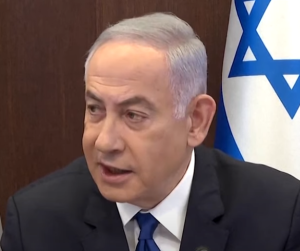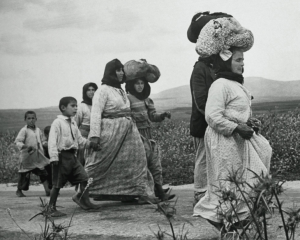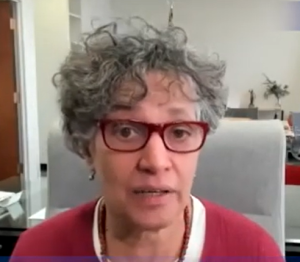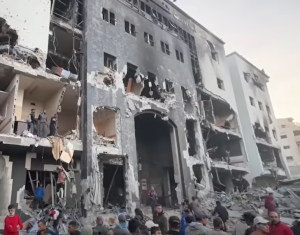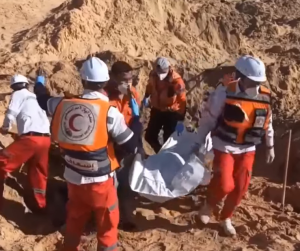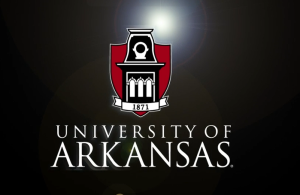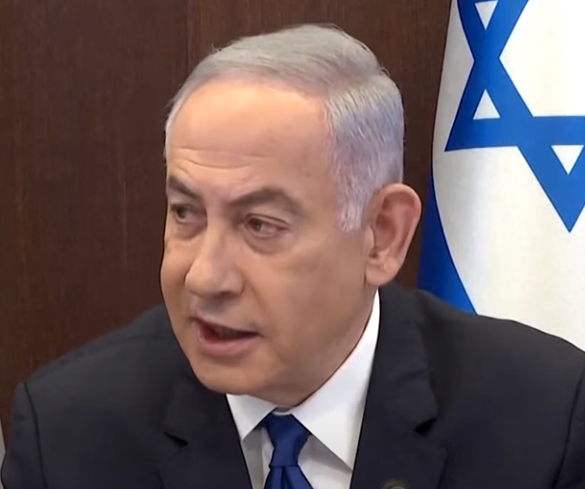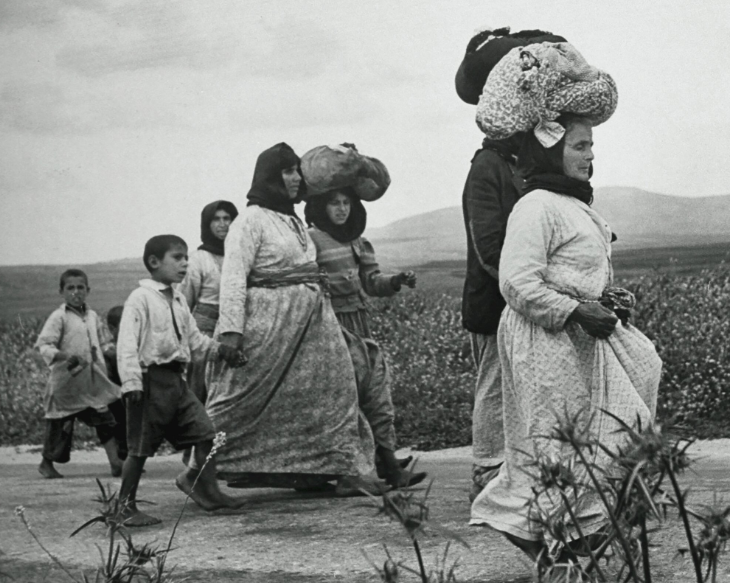As BRICUP’s sister organisation Artists for Palestine UK reports, the Royal Ballet and Opera, in response to its performers and staff, have decided to cease performing in Israel. Support for the performing arts is often justified on the grounds that they increase our sensitivity to the human condition. It is gratifying to see such powerful evidence of this truism. All universities and cultural bodies should follow their lead.
Victory for staff as Royal Ballet and Opera pulls Israel production
- 182 members of The Royal Ballet and Opera said they “reject future performances in Israel”. They stand in solidarity with performer who protested with Palestinian flag.
- CEO announces decision to cancel 2026 production in Israel.
The Royal Opera has pulled its planned 2026 production run of Tosca at the Israeli National Opera (INO) in Tel Aviv. The website of the INO has now dropped all reference to the Royal Opera House.
Artists for Palestine UK has learned that Alex Beard, CEO of the Royal Ballet and Opera told staff on 1st August that “we have made the decision that our new production of Tosca will not be going to Israel”.
The decision follows an open letter signed by 182 staff at the Royal Ballet and Opera, criticising their management’s refusal to speak out against Israel’s genocide in Gaza that has killed at least 62,000 Palestinians.
RBO staff, including dancers, singers, musicians, and staff across artistic, creative, technical and administrative departments, say they “reject any current or future performances in Israel” and demand that the organisation “withholds our productions from institutions that legitimise and economically support a state engaged in the mass killing of civilians.”
The cultural workers said, “As an organisation of global standing, with the power to shape discourse and influence cultural values, we have a responsibility to act ethically.’ They also expressed solidarity with a performer who raised the Palestinian flag in “an act of courage and moral clarity on our very stage”.
Never before have workers at one of Britain’s most elite cultural institutions risen up in such numbers to demand an end to complicity with grave war crimes and for a boycott of Israeli institutions that whitewash or justify them. And never before has the management of such an institution responded with immediate action.
A spokesperson for Artists for Palestine UK said, “This is a welcome breakthrough for institutional accountability– and a victory for grassroots organising. Across the cultural sector too many institutions, faced with genocide, have opted for silence or worse. The RBO staff’s open letter is an essential ethical uprising against this refusal to speak out.”
Since the onset of Israel’s genocide against Palestinians in Gaza, British artists and writers, cultural workers and media professionals have mobilised to pressure institutions to cut links of complicity. Some have responded with repression and censorship. Yet a growing number are recognising their ethical and legal obligation to do no harm to the Palestinian struggle for freedom.
READ THE LETTER IN FULL :
Open Letter from Members of The Royal Ballet and Opera
“We, the undersigned, write with deep concern and moral conviction in response to recent actions and decisions taken by The Royal Ballet and Opera in the context of the ongoing genocide in Gaza.
In recent months, the world has witnessed the systematic destruction of Palestinian lives, homes, and cultural heritage. Tens of thousands have been killed, millions displaced, and essential infrastructure deliberately targeted, in clear violation of international law. Humanitarian organisations, legal scholars, and even the International Court of Justice have raised the alarm, recognising the scale of atrocities committed by the State of Israel against the Palestinian people. To call what is unfolding anything less than genocide is to ignore the overwhelming weight of evidence and the cries of those living – and dying – under siege.
It is in this climate that our organisation has chosen to actively support the Israeli state and its economy by hiring our production of Turandot to The Israeli Opera. This decision cannot be viewed as neutral. It is a deliberate alignment, materially and symbolically, with a government currently engaged in crimes against humanity. The venue itself, The Israeli Opera, publicly offers free tickets to soldiers of the Israel Defense Forces “in recognition of their work”, as stated on their website. The Royal Ballet and Opera is clearly making a strong political statement by allowing its production and intellectual property to be presented in a space that openly rewards and legitimises the very forces responsible for the daily killings of civilians in Gaza.
We also witnessed, in recent days, an act of courage and moral clarity on our very stage. A performer used their moment in the spotlight – a moment traditionally reserved for personal recognition – to raise the Palestinian flag. In doing so, they reminded us that art cannot and does not exist in a vacuum. Their gesture was not one of self-interest but of solidarity, a call to conscience. We stand firmly with them.
In the same moment, we witnessed Oliver Mears, Director of Opera, attempting to forcibly snatch the flag from the performer, displaying visible anger and aggression in front of the entire audience. This act, far from being a neutral administrative intervention, was itself a loud political statement. It sent a clear message that any visible solidarity with Palestine would be met with hostility, while the organisation remains silent on the ongoing genocide. Such behaviour, particularly from a leader in a position of influence and visibility, demonstrates extremely poor judgement. Oliver Mears does not represent us.
As artists and cultural workers, we know too well the role the arts have historically played during times of crisis. Opera and ballet are not apolitical artforms. They are filled with stories of human resilience, resistance to oppression, and the triumph of justice over tyranny. To now retreat behind a false veil of neutrality is both hypocritical and cowardly.
This is especially evident when we look at our own recent history. In the wake of Russia’s invasion of Ukraine, our institution moved swiftly and decisively. We organised Concerts for Ukraine, we played the Ukrainian national anthem before performances, and we publicly displayed the Ukrainian flag as a gesture of solidarity with its people. We understood then that silence was unacceptable. Why is it different now? Why is Palestinian suffering met with silence, while Ukrainian suffering was met with action? The double standard is deafening.
As an organisation of global standing, with the power to shape discourse and influence cultural values, we have a responsibility to act ethically. We cannot simultaneously present ourselves as champions of human dignity and artistic excellence while materially supporting a regime that commits genocide. To do so is to betray our audience, the values this organisation claims to uphold, and the very spirit of the artforms we serve.
We therefore:
- Stand in solidarity with the performer who bravely displayed the Palestinian flag on our stage.
- Call for Oliver Mears to be held accountable for his public display of aggression towards a performer exercising their right to express a deeply moral and political truth.
- Reject any current or future performances in Israel, and commit to withholding our productions from institutions that legitimise and economically support a state engaged in the mass killing of civilians.
- Call on the Royal Ballet and Opera to publicly acknowledge the genocide in Gaza, to end its silence, and to align its actions with the same moral and humanitarian principles it upheld in the case of Ukraine.
History will remember the choices we make in times of atrocity. We urge our organisation not to be complicit through inaction or false neutrality.”
Signed anonymously by 182 members of The Royal Ballet and Opera – including dancers, singers, musicians, and staff across artistic, creative, technical and administrative departments.

